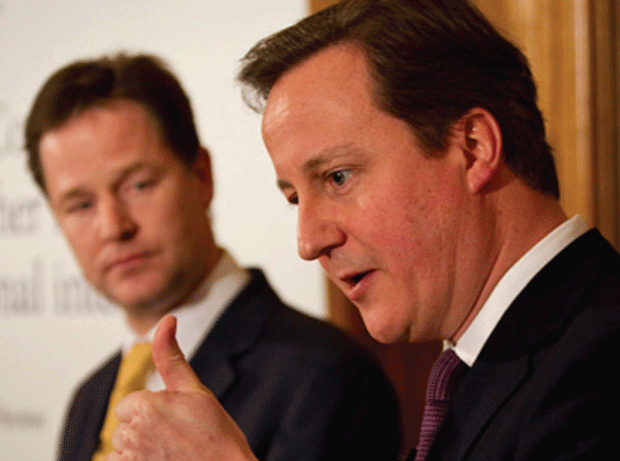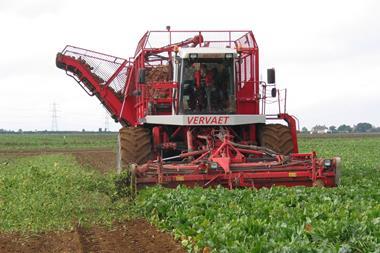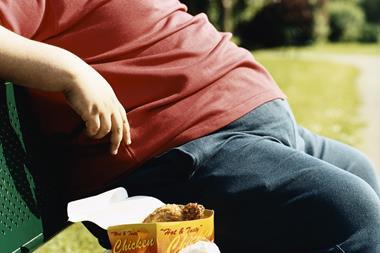After a policy review lasting more than two years, Labour finally showed its hand in the public health debate last week, with a strategy document accusing the government of cosying up with supermarkets and suppliers.
The Grocer quizzed shadow health minister Luciana Berger about its plans.
Labour says it will regulate levels of fat, sugar and salt in food “marketed substantially” to children. Crisps, cereals and soft drinks are on the hitlist, but how do you define which are aimed at kids? We don’t think it is right that when we have high levels of child obesity, children are being bombarded with junk food marketing. Companies who use product-based marketing techniques designed to target children with HFSS products would either have to reduce the amount of these ingredients in the product or stop using these techniques.
Is it correct that Labour will target any product with cartoons on it for this measure? No - this policy will only cover certain food groups that can contain high levels of sugar, fat or salt such as breakfast cereals and crisps. The policy will focus on product-based techniques designed to appeal to children, such as the use of novelty-shaped products or promotional characters that appeal to children, or free gifts that target children. We will work in partnership with industry to establish the criteria.
If the sugar, fat or salt content of products in these groups is higher than the threshold set by the FSA for that group, companies will not be able to use marketing techniques that target kids.
The document says the Responsibility Deal has failed, but will Labour scrap the Deal altogether or just regulate alongside it? Frameworks to encourage voluntary action will continue to play an important role. But we are clear that the scale of the obesity challenge is too great to rely solely on a non-binding and piecemeal deal with a select group of companies. While some of the companies signed up to the programme have made significant effort and progress, and the steps they have taken are recognised and very welcome, by itself this is not enough.
Can you clarify the plans for the FSA? The document says Labour will “reverse the machinery of Government changes that weakened the FSA to ensure it has the capacity to stop food fraud, improve safety and tackle unhealthy practices”. Does this mean it will take back responsibilities from the DH/PHE and reverse the cuts to FSA funding? We are clear that more could be to done to ensure that the FSA has sufficient influence to put the consumer first and stop food fraud, improve safety and tackle unhealthy practices. Considering the mechanisms by which this will be achieved will be a priority for our Food 2030 strategy and its associated committees, which we have announced we will reinstate.
The document says front-of-pack traffic lights would be pursued at EU level and that it should be mandatory. Surely this flies in the face of EU law? This is an area of EU law, which is why we have said we will pursue this at an EU level. We believe mandatory traffic light labelling is the best way to ensure everyone has the clear information they need to make informed choices about what they eat. In government we would continue to push for this through relevant EU channels.
The document proposes measures to tackle high-strength cider, as part of the focus on protecting children. Why cider? Is it not predominantly a problem with street drinkers not young people? And what about claims underage drinking is coming down? We are determined to tackle high-strength, ultra low-priced alcohol, which fuels binge drinking and causes so much harm. We are focussing on high-strength white cider because it is an example of a product where the high strength and low cost makes it very attractive to underage drinkers. Recent surveys by Alcohol Concern found a brand of white cider was in the top five brands being drunk by under-18s involved with substance misuse services.
Why has Labour dropped proposals including banning the promotion of alcohol through the sponsorship of sport, the positioning of alcohol in supermarkets being limited to a single defined area and a crackdown on guilt lanes? These options were listed in a discussion paper setting out the range of options available. They were not Labour policy. So we haven’t dropped them as we never signed up to them.



















No comments yet